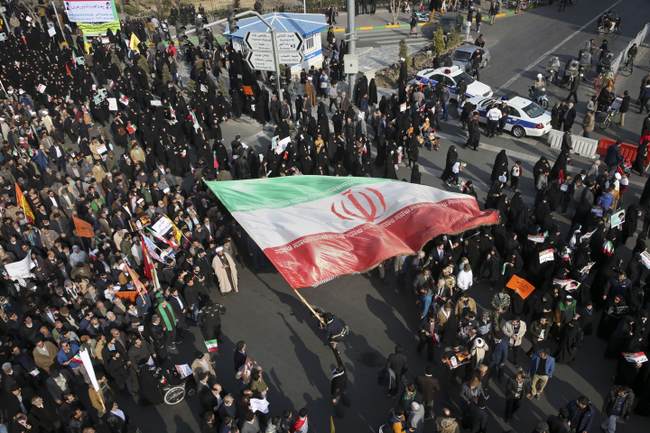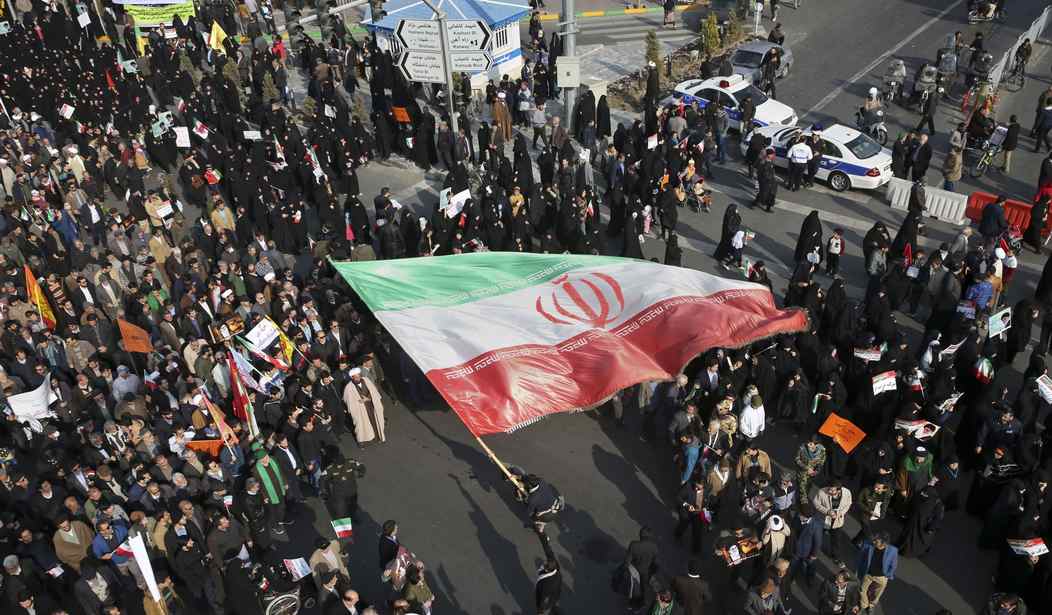As the 37th anniversary of Iran’s 1988 massacre approaches, the international community faces a chilling déjà vu. History threatens to repeat itself in bloodshed, as the world witnesses an escalating wave of political executions, state-sponsored incitement, and entrenched impunity in Iran.
On July 7, 2025, Fars News, an outlet tied to Iran’s Revolutionary Guards (IRGC), openly praised the 1988 massacre of over 30,000 political prisoners. Under the headline “Why the 1988 Executions Should Be Repeated,” the editorial brazenly called for a similar campaign of mass killing against today’s political detainees. This is not mere rhetoric; it's an official attempt to normalize and incite state-sponsored murder.
The threat is not theoretical. On July 12, just days after the Fars News editorial, three opposition activists—Farshad Etemadi-Far, Masoud Jamei, and Alireza Mardasi—were sentenced to death after two years of torture. Their “offense” was affiliation with the principal opposition group, the Mujahedin-e Khalq (PMOI/MEK). In the same month, Iran’s Supreme Court rejected appeals from political prisoners Behrouz Ehsani and Mehdi Hassani, leaving them at imminent risk of execution. Dozens of other political prisoners remain on death row, victims of a judicial system weaponized to eradicate dissent.
Since President Masoud Pezeshkian assumed office, the pace of executions has surged, with more than 1,400 since his inauguration and over 650 in 2025 alone. Iran’s prisons are once again filled with men and women condemned for their beliefs and activism.
This pattern is tragically familiar. The 1988 massacre, a campaign of state-orchestrated extermination set in motion by a fatwa from then-Supreme Leader Khomeini, remains one of the darkest chapters in Iran’s modern history. A July 2024 report by the UN Special Rapporteur on Iran rightly classified these atrocities as ongoing crimes against humanity and genocide.
On July 4, 2025, 10 UN Special Procedures expressed grave alarm at the intensifying crackdown that followed the outbreak of hostilities in June. Their statement cited regime rhetoric urging “surveillance” and “killings”—language eerily reminiscent of 1988. Meanwhile, Iran’s longest-incarcerated political prisoner Saeed Masouri, a leader of the “No To Executions Tuesdays” campaign, smuggled a letter out of Qezel Hesar Prison warning that recent death sentences is the prelude to a fresh wave of executions. In prison nearly 25 years without a single day of leave, Masouri wrote, “a crime is in progress.”
The international community failed the victims of 1988. The silence then was deafening—and damning. The world cannot allow indifference or diplomatic inertia to provide cover for another atrocity.
The United Nations must act without delay. The UN High Commissioner for Human Rights and the Special Rapporteur on Iran must speak out unequivocally against these systematic abuses.
Likewise, the European Union bears a historic responsibility. It must take decisive and immediate action. The time for statements of concern has long passed. The EU must move beyond mere words: summon Iranian ambassadors, confront them with these documented atrocities, and demand an immediate halt to executions. Europe must end diplomatic impunity for the perpetrators—beginning by closing Iranian embassies, expelling diplomatic staff, and recalling its own ambassadors from Tehran. The IRGC, the architect of both domestic repression and cross-border terror, must be designated as a terrorist organization, in line with the overwhelming vote of the European Parliament.
The Iranian regime’s campaign of repression is not limited to its borders. In November 2023, hitmen hired by Tehran shot me in the jaw at point blank range outside my home in Madrid. I miraculously survived. Judge Santiago J. Pedraz Gómez, Presiding Magistrate of the Spanish Central Investigating Court, has published an indictment naming eight individuals, all traced back to Tehran. This attack, like others, was an act of revenge for my advocacy of democratic change in Iran. Judge Pedraz Gómez’s findings make clear that Iranian embassies are being used as centers for orchestrating terror in Europe. Fars News even gloated about the attempt on my life, warning Spain and other countries that hosting Iranian dissidents would bring “serious consequences.” Such threats and attacks cannot go unanswered.
The time has come to end the culture of impunity that has only emboldened the Iranian regime to escalate its crimes. There can be no more silence, no more inaction. The international community must prioritize accountability. Supreme Leader Ali Khamenei and other senior regime officials must be brought before an international tribunal to answer for four decades of crimes against humanity and genocide. Iran’s human rights dossier must be referred to the United Nations Security Council for concrete measures, including targeted sanctions and international prosecution of those responsible.
The global community—especially Europe—must ensure that, this time, it is not complicit by silence. To repeat the indifference of 1988 would be unforgivable. The world must act—now—before Iran’s prisons once again become mass graves. The blood of the innocent must not cry out in vain.
Editor’s Note: Do you enjoy Townhall's conservative reporting that exposes the truth about global affairs? Support our work by joining Townhall VIP and using the promo code FIGHT to get 60% off your VIP membership!





